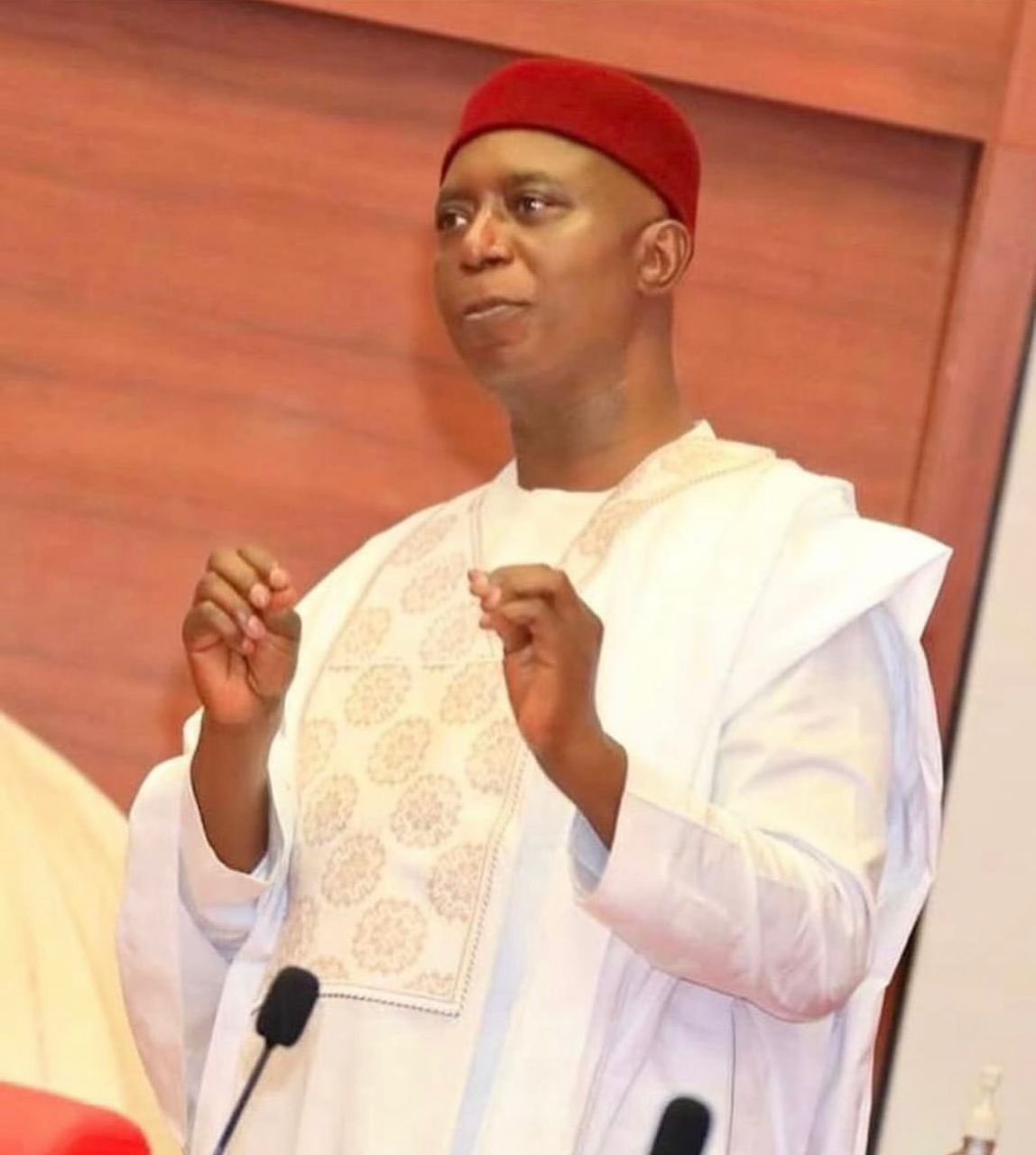Abuja, NIGERIA — The mighty dollar is steamrolling everything right now, causing issues for economies almost everywhere— Nigeria worse-hit— forcing the Naira to somersault at every blink.
Surge in the greenback is unlikely to abate anytime soon in the country. But for Senator Dr. Prince Ned Nwoko, the use of Naira as the only legal currency in Nigeria will end undue advantage of Dollar over Naira.

Posted on his verified X titled “Urgent Call For The Use Of Naira As The Only Legal Currency In Nigeria and To End Other policies That Unfairly Disadvantage The Naira”, reads:
“The glaring income inequality between foreign workers and their Nigerian counterparts within companies operating in Nigeria is a deeply concerning practice that perpetuates historical injustices rooted in the colonial legacy. This practice exacerbates existing economic disparities and reinforces the master-servant dynamic that has plagued the region for centuries.
Colonial Legacy and Economic Exploitation:
Historically, income inequality in Africa, including Nigeria, has been entrenched since the colonial era. European settlers exploited the vast resources of the continent while systematically marginalizing and impoverishing indigenous populations. This exploitation was not only economic but also deeply ingrained in social and political structures, leading to a stark income gap between Africans and their colonial overlords.
During colonial rule, Africans were often relegated to low-paying labour roles while Europeans enjoyed privileged positions with significantly higher incomes. Of course this disparity was not based on merit or skill but rather on race and colonial power dynamics.
Unequal Treatment in the Present Day:
Even after gaining independence, the remnants of this unequal system persist, manifesting in the unequal treatment of foreign workers and local employees in Nigeria. The payment of foreign workers in dollars, while Nigerian colleagues receive wages far below the conversion rate, is a blatant example of this ongoing injustice.
The consequences of this practice extend beyond mere discrimination; they have profound implications for Nigeria’s economy as seen today. The alarming depreciation of the Naira against the dollar is exacerbated by the demand for foreign currency to pay professional services in dollars. This not only erodes confidence in the domestic currency but also widens socioeconomic disparities within the country.
Legal Ambiguity and Regulatory Reform:
Distressingly, the absence of explicit prohibition on paying salaries in foreign currency in relevant legislation, such as the Central Bank of Nigeria Act and the Foreign Exchange Act, heightens regulatory ambiguity and allows such exploitative practices to persist unchecked. Urgent amendments to these laws are imperative to address this issue effectively and ensure equitable treatment of all workers in Nigeria.
The significant capital flight resulting from these unequal salary payments far surpasses most factors contributing to Naira depreciation, such as school fees and medical treatments abroad. Ending the practice of paying foreign workers in dollars is not only a matter of economic justice but also a crucial step towards dismantling neocolonial structures and building a more equitable and prosperous Nigeria for all its citizens.
Reconsidering “Foreign” Reserves Policy:
The notion of maintaining reserves in foreign lands, dubbed “foreign reserves,” is not only repulsive but also counterintuitive to Nigeria’s economic sovereignty. Contrary to the practices of other nations like the United States, Britain, France, and Japan, which keep their reserves within their own borders, Nigeria’s adherence to this practice raises questions about its colonial legacy. If our early indigenous leaders adopted this approach due to colonial mentality, why should we perpetuate it?
The primary argument often put forward to defend the existence of foreign reserves is the need to balance trade. However, this argument lacks merit when considering the limited number of traders involved in importing goods into Nigeria, which constitutes a negligible fraction of the population. Therefore, the notion that foreign reserves are necessary for trade balance falls short when scrutinized.
It’s time to prioritize the domestication of our reserves, anchoring our economic stability firmly within our borders…”